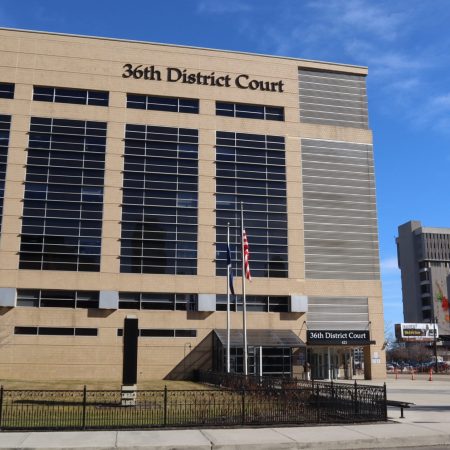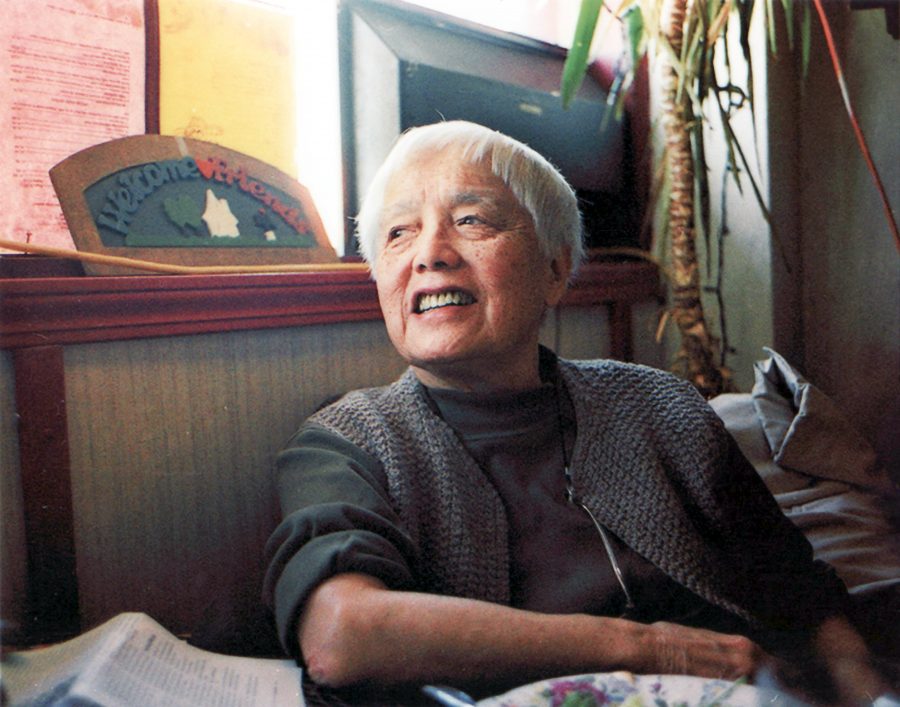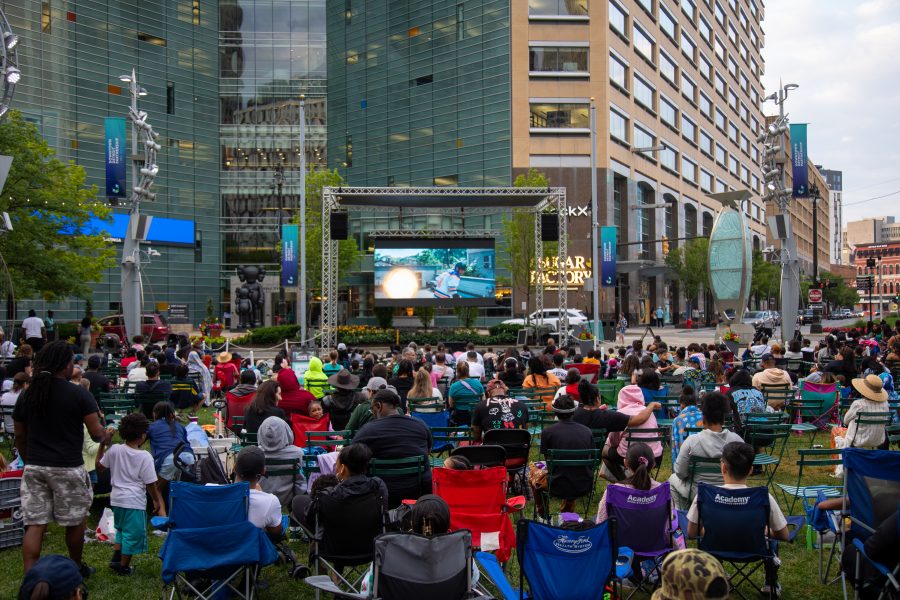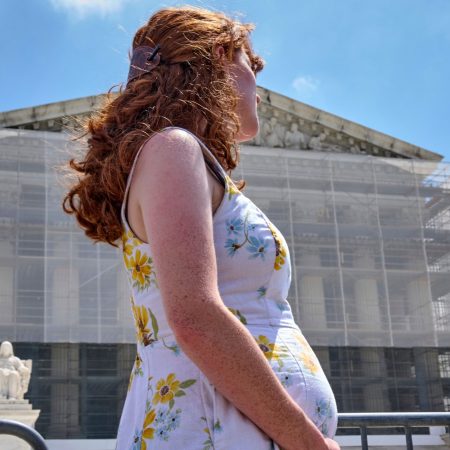Report says local court funding relies too much on fines, fees
A new judicial task force report calls for an overhaul in how Michigan’s local courts are funded.
The report says the local jurisdictions rely too much on fines and fees to fund their operations. The report says that is not only unfair, it undermines faith that courts and judges are more interested in dispensing justice than collecting money.
Court costs and challenges
State Court Administrator Tom Boyd says it’s no secret that confidence in policing and the fairness of courts is under challenge. “It isn’t that folks that come before the courts aren’t paying their fair share, it’s that they’re paying way more than their fair share. And, so, the report tries to get at a mechanism to ensure that people pay the right amount and that the people that assess that revenue aren’t motivated by profit.”
Bonsitu Kitaba-Gaviglio is the acting legal director of the American Civil Liberties Union of Michigan. She says Michigan’s court problematic funding system could be vulnerable open to a constitutional challenge. “The obligation to tax, assess, to fund the operation of the government is a responsibility of the Legislature, not the judiciary, and so that’s a constitutional concern, and second, it raises serious due process concerns.”
She says people can’t always expect fair treatment when judges have a vested financial interest in guilty verdicts and imposing fines and fees.
Tom Boyd, the state court administrator, says in some jurisdictions, courts are so flush with revenue it helps fund other parts of local government. Meanwhile, in other places courts barely break even. “I challenge you to go hang around district courts where you live today and stop people and ask them what they think the government wants from them and the overwhelming answer is going to be money.”
One potential solution
One of the recommendations is to take all the fines, fees and costs collected by all the courts and put it all into one pot to be shared statewide. The state would also develop a plan to prioritize based on the needs of local court systems, including how busy they are and the types and complexity of the cases.
Monroe County Administrator Michael Bosanac was part of the task force. He says all that money from fines, fees and costs would go into a state-managed fund, and could only be spent on local courts, and not diverted for other purposes.
“We’re not saying that those functions are not important. They’re really important. We’re just simply saying that in this new model that they should not be funded from court resources and revenue. They should be funding those from some other source of money.”
There’s hope these recommendations will give the Legislature a framework to comply with a court decision.
An on-going effort
The Michigan Supreme Court ruled nearly a dozen years ago that local courts cannot arbitrarily impose court costs on defendants to fund their operations. The Legislature has voted itself multiple extensions since then and there is bipartisan interest in finalizing a solution.
”It’s a super-important issue that we, I’m hoping that the Legislature can finally get resolved,” says State Senator Stephanie Chang. She’s a Democrat who chairs the Senate Civil Rights, Judiciary and Public Safety Committee.
Chang says a resolution is overdue to resolve the conflict between the fair administration of justice and leaning on defendants to provide a major source of funding. “So how can we make sure that we have a stable funding system that funds our trial courts in a way that gets rid of that conflict?”
It is a big and complex task, but Chang says she is optimistic that even in a divided political environment, the Legislature can reach a bipartisan solution by the end of next year.
The post Report says local court funding relies too much on fines, fees appeared first on WDET 101.9 FM.





